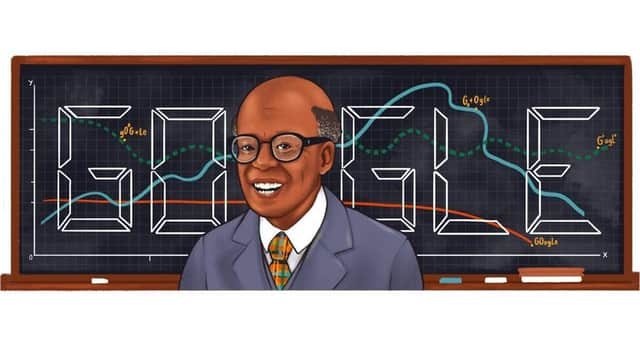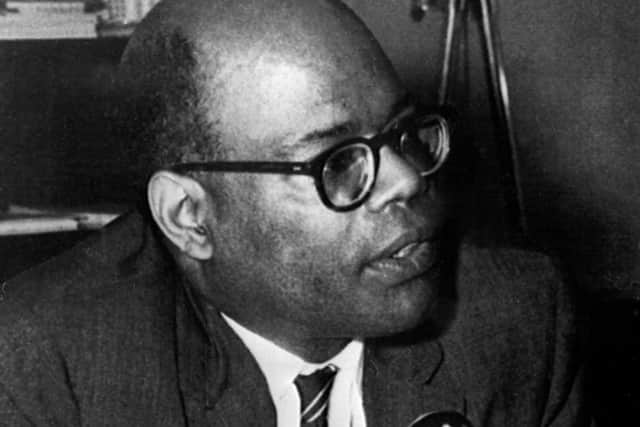Google is celebrating Sir W Arthur Lewis with a Doodle - here’s why


Esteemed economist and professor Sir W Arthur Lewis is being celebrated by Google with a Doodle on the search engine’s homepage.
The illustration, which shows the professor in front of a school blackboard with “Google” written in chalk behind him, honours Lewis 41 years after he was awarded the Nobel Memorial Prize in economics.
Advertisement
Hide AdAdvertisement
Hide AdSo who was Sir W Arthur Lewis, and why is he thought to be one of the pioneers of modern economics?
When was he born?
Lewis was born in St Lucia, a British Colony at the time, on 23 January 1915 to school teacher parents, who were immigrants from Antigua.
An intelligent child, he excelled in school, and managed to complete the entire curriculum by the age of 14.
After school, he worked as a clerk in the civil service and his initial career aspiration was to be an engineer.
How did Lewis become an economist?
Advertisement
Hide AdAdvertisement
Hide AdLewis switched his career path to economics because the government and white-owned businesses in the West Indies refused to hire Black engineers.
In 1932, when he was old enough to sit the exam, Lewis won a government scholarship to study at the London School of Economics.
It was at LSE where he discovered economics was his passion.
Lewis has said he originally intended to study business administration before travelling back to St Lucia, as racial bans there at the time meant black men could only study to be a lawyer or doctor.
Advertisement
Hide AdAdvertisement
Hide AdHe explained in his biography: “I did not want to be a lawyer or a doctor. I wanted to be an engineer, but this seemed pointless since neither the government nor the white firms would employ a Black engineer.”
Lewis didn’t know what economics entailed at the beginning of his degree, but he went on to earn a doctorate, after his BsC degree, in industrial economics.


His time as a professor
The economist then made history as the first Black faculty member at LSE, working there until 1948.
He was then selected as a lecturer at the University of Manchester, moving there with his family and becoming a full professor at the age of 33.
Advertisement
Hide Ad